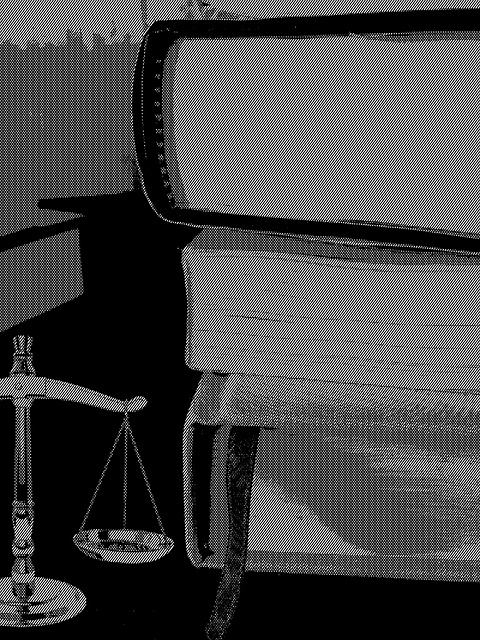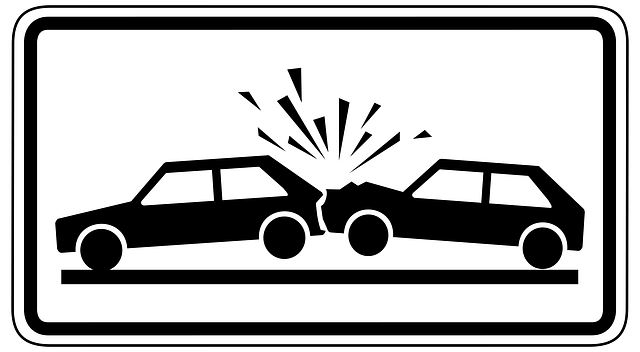The wrongful death statute of limitations acts as a crucial legal framework, setting specific time frames for legal actions to ensure prompt resolution and balance victims' rights with societal needs. Understanding these deadlines is vital for assessing responsibilities, especially in elder law scenarios, and prevents frivolous claims. In truck accident cases, exceeding this deadline can hinder families from pursuing compensation, emphasizing the importance of timely legal action. Courts strictly enforce these deadlines to guarantee individuals affected by negligence can seek justice within a defined period, dismissing non-compliant cases and promoting fair outcomes.
Courts enforce strict legal deadlines, like the wrongful death statute of limitations, as a cornerstone of justice. These timelines ensure that cases are resolved within a reasonable period, protecting both plaintiffs and defendants from undue delay. Understanding these deadlines is crucial for navigating legal processes effectively. This article explores why courts strictly adhere to statutes like the wrongful death statute of limitations, focusing on fairness, finality, and the imperative to bring closure to affected parties.
- Understanding Legal Deadlines: A Foundation for Justice
- The Impact of Wrongful Death Statute of Limitations
- How Courts Ensure Fairness Through Strict Enforcement
Understanding Legal Deadlines: A Foundation for Justice

Legal deadlines, often referred to as statutes of limitations, are fundamental pillars in the pursuit of justice. These deadlines set specific time frames within which legal actions must be initiated, ensuring that claims are addressed promptly and fairly. In cases like wrongful death, where emotions run high and evidence may diminish over time, these timelines are crucial. The wrongful death statute of limitations compels individuals to seek redress within a reasonable period, balancing the victim’s right to compensation with the need for finality and stability in society.
Understanding legal deadlines is also essential in gauging the responsibilities of various parties, including fiduciaries who owe duties of care. For instance, in elder law scenarios where fiduciary duty breaches might occur, these timelines ensure that misdeeds are promptly addressed to prevent further harm. Similarly, product liability cases often hinge on timely actions, as they involve complex investigations and potential recalls. Legal deadlines, thus, serve not only as barriers against frivolous claims but also as catalysts for swift resolution, fostering a system where justice is served while maintaining fairness and order.
The Impact of Wrongful Death Statute of Limitations

The Wrongful Death Statute of Limitations plays a pivotal role in legal proceedings, especially in cases involving truck accidents and their devastating consequences. This legal deadline is designed to ensure justice is served promptly while protecting individuals from being subjected to prolonged litigation. When someone faces the loss of a loved one due to a trucker’s negligence or another’s reckless actions, they must act swiftly. The statute of limitations sets a specific time frame within which a truck accident lawyer can file a claim on behalf of the deceased’s family, ensuring that potential evidence and witnesses are readily available for collection.
Exceeding this deadline can have severe repercussions, as it may bar the victim’s family from seeking compensation for truck accident injuries and related losses. The impact is significant, especially in cases where insurance disputes arise, as timely legal action is crucial to navigating complex claims processes and ensuring fair settlement or trial outcomes. Every day that passes without filing a claim is a step closer to losing the opportunity to pursue justice and receive the financial support needed to cope with such a traumatic event.
How Courts Ensure Fairness Through Strict Enforcement

Courts enforce strict legal deadlines to ensure fairness and prevent unfair advantage for either party involved in a lawsuit. One of the most critical aspects is the wrongful death statute of limitations, which sets a clear timeline for filing such cases. This enforcement mechanism guarantees that individuals who have suffered losses due to someone else’s negligence or wrongdoing have a defined period to seek justice. Failing to adhere to these deadlines can result in the dismissal of a case, leaving victims with limited or no recourse for compensation.
The strict enforcement also benefits those accused unfairly by expediting the legal process. In cases like car accidents or elder law issues, where claims may arise, timely actions ensure that evidence is preserved and memories are fresh. This promotes a more just outcome in accident settlements, as it allows for comprehensive investigations and reduces the risk of false accusations or the loss of crucial details over time.
Legal deadlines, such as the wrongful death statute of limitations, are crucial pillars in ensuring justice and fairness within the legal system. By enforcing strict time limits, courts create a sense of urgency that encourages prompt action, preventing claims from becoming stagnant. This approach not only facilitates a more efficient judiciary but also safeguards the rights of all parties involved, ensuring that cases are heard while evidence is fresh and memories remain vivid. Understanding these deadlines is essential for both legal professionals and individuals seeking justice, highlighting the need to act swiftly when facing potential wrongful death claims.






